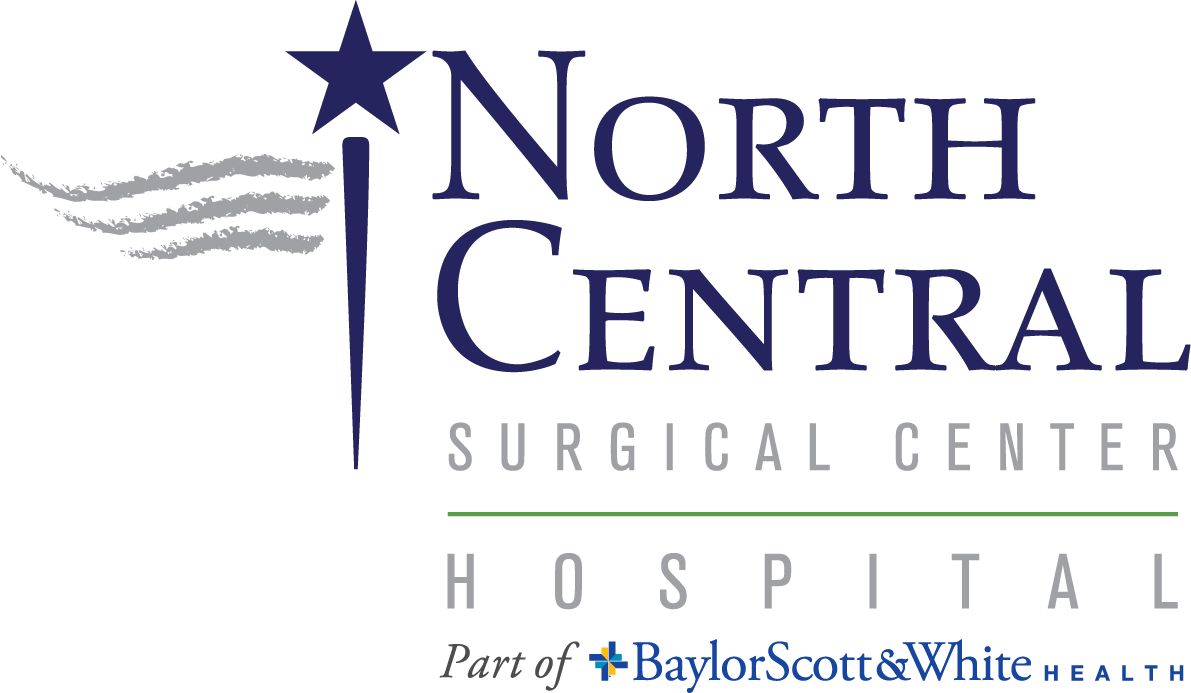 Prostate cancer is the second most common form of cancer among American men, with around 180,890 new cases and about 26,120 deaths from the cancer. The prostate gland is present only in males and produces fluid that protects and nourishes sperm. It is about the size of a walnut and located below the bladder, around the urethra. As with all organs, the prostate gland can also be affected by cancer, which is characterized by the rapid uncontrolled multiplication of the tissue cells. You can suspect cancer when you experience difficulty with urination, erectile dysfunction, blood in urine, pain in the hip, ribs or spine, and loss of bladder or bowel control.
Prostate cancer is the second most common form of cancer among American men, with around 180,890 new cases and about 26,120 deaths from the cancer. The prostate gland is present only in males and produces fluid that protects and nourishes sperm. It is about the size of a walnut and located below the bladder, around the urethra. As with all organs, the prostate gland can also be affected by cancer, which is characterized by the rapid uncontrolled multiplication of the tissue cells. You can suspect cancer when you experience difficulty with urination, erectile dysfunction, blood in urine, pain in the hip, ribs or spine, and loss of bladder or bowel control.
Like most other cancers, there is no known cause, but there are a few factors that can increase your risk of developing prostate cancer, which may include:
- Age: The chances of developing prostate cancer increase drastically after the age of 50.
- Ethnicity: African-American men have over double the chance of developing prostate cancer when compared to Caucasians. Non-Hispanic white men are more likely to get this condition compared to Hispanic/Latino and Asian-American men.
- Geography: Prostate cancer is more prevalent in North America, Australia, Caribbean Islands and northwestern Europe when compared to Central or South America, Asia, and Africa.
- Family history: There is an increased risk if a close relative has been diagnosed with prostate cancer.
- Acquired genetic mutations: Changes or mutations in the DNA of the prostate gland cells can be inherited or occur during your lifetime.
- Vasectomy: Some studies have suggested a possible increased risk of prostate cancer after having undergone a vasectomy (surgery for male sterilization).
Cancer is inevitable for some, but now that you are aware of the factors that can make you more prone to it, there are a few things you can do to lower your risk and aid in preventing prostate cancer:
- Healthy diet: Minimizing red meat and high fat dairy products, and eating more fruits and vegetables. Eating more tomatoes and soybeans may have a role to play in prevention of prostate cancer as does supplementation with vitamin D.
- Supplements and medication: While high doses of certain supplements can increase your chances of developing the cancer, some studies show that a daily intake of aspirin and certain hormonal medicine can protect you.
- Maintaining ideal weight: Avoiding gaining excess weight, as some studies have shown that being obese puts you at a greater risk of developing an aggressive form of prostate cancer.
- Cessation of smoking: Inhaled chemicals through smoking may have a carcinogenic effect on the prostate gland.
This month is Prostate Cancer Awareness Month. Use this month as a reminder and make the time for an exam. Early detection is key to successful treatment.
